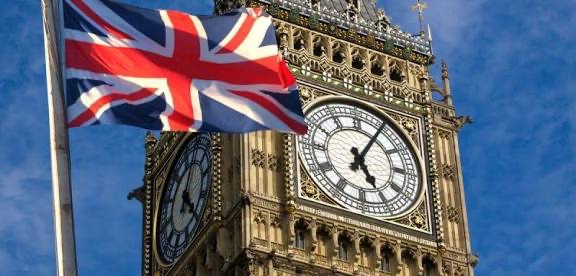People who migrate to the UK will be eligible for benefits and social housing only when they become British citizens, and those who arrive by small boat could wait up to 30 years for residency, under new plans outlined by Shabana Mahmood.Under the proposals, migrants would only become eligible for benefits and social housing after obtaining British citizenship, rather than upon being granted settlement as is currently the case. More than 600,000 overseas health workers and their families who arrived during the “Boriswave” of post-Brexit migration could have to wait up to 25 years to apply for settlement if they have claimed benefits, according to the plans.
The measures form part of a major rewrite of the rules governing settlement applications, announced just days after proposed changes to the asylum system. The timing comes as Mahmood is being discussed by some “Blue Labour” MPs as a potential future Labour leader and as the party faces pressure from Nigel Farage’s Reform UK. The proposals have raised concern among NGOs, who say they risk placing people in prolonged uncertainty.
Enver Solomon, chief executive of the Refugee Council, said the plans “would risk trapping people who have fled war and persecution in three decades of instability and stress.” He added that long waits and repeated reviews would add to bureaucracy and keep people in limbo.Christina McAnea, general secretary of Unison, said the proposals would be devastating for thousands of essential workers. “Judging someone’s worth by the size of their wage slip sends a dreadful message to the people who keep the UK’s public services running,” she said. She argued that forcing staff—many of whom worked through Covid—to wait 15 years for certainty about their future “betrays the promises they were made.”
Addressing the Commons, Mahmood said the changes were a response to an unprecedented scale of arrivals in recent years. She argued that settling in the UK “is not a right, but a privilege,” and that the new system would prioritise contribution, integration and fairness. The plan to double the wait time before being eligible for long-term status was announced in the government’s immigration white paper in May. Under the new rules, arrivals would be able to apply for indefinite leave to remain after 10 years instead of five. Faster routes would exist through a new contribution-based model involving volunteering, strong English proficiency and not being on benefits.
The plans aim to reduce applications from the more than 1.6 million people who came to the UK under Boris Johnson’s post-Brexit relaxation of immigration rules from 2022 onwards. Under the proposals, over 600,000 people who arrived on health and care worker visas would be eligible for settlement after 15 years, or 25 years if they or their dependants had claimed benefits for a year or more.Visa overstayers and people who arrived on small boats or in the backs of lorries would face waits of up to 30 years before being allowed to settle, effectively removing long-term security.
By contrast, doctors and nurses working in the NHS would be able to settle after five years, and high earners and entrepreneurs could obtain settlement in just three years.The proposals, open to consultation until 12 February, would create a faster pathway for high earners while significantly extending the wait for people with low or no income. Madeleine Sumption, director of the Migration Observatory at the University of Oxford, warned that the plans leave important questions unanswered regarding the status of children of temporary workers, potentially creating families where some members have permanent rights and others do not.
Dora-Olivia Vicol, chief executive of the Work Rights Centre, said raising thresholds for migrants on benefits was “particularly dystopian,” arguing that the home secretary was effectively punishing families for becoming sick or vulnerable. Josephine Whitaker-Yilmaz, head of advocacy at Praxis, said the changes would devastate lives and run counter to the UK’s economic needs. She described the approach as “a retreat into a smaller, meaner England – one where belonging is rationed, and diversity is punished.”
Rachel Reeves is expected to continue the government’s immigration clampdown in next week’s budget, where she will announce a new team of investigators targeting car washes, nail bars and takeaways that employ people illegally. The chancellor will allocate £1m to the unit, which will operate under the Fair Work Agency and work with immigration and tax officials to take action against employers who break the law. Keir Starmer told reporters: “It is too easy to work illegally in the UK, which is why we’re putting this extra money in, setting up this extra resource.” Ministers earlier announced plans to send officials into small businesses across the country, including grocers and vape shops, to identify illegal workers.
Source: https://www.theguardian.com/











